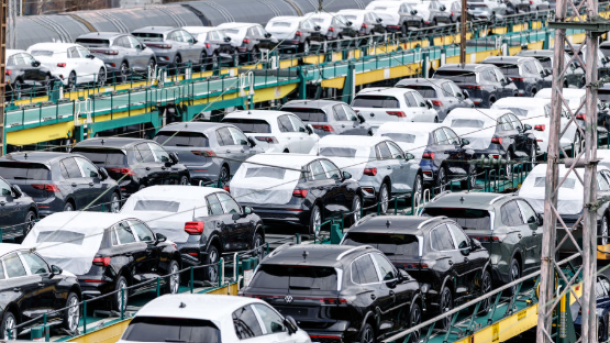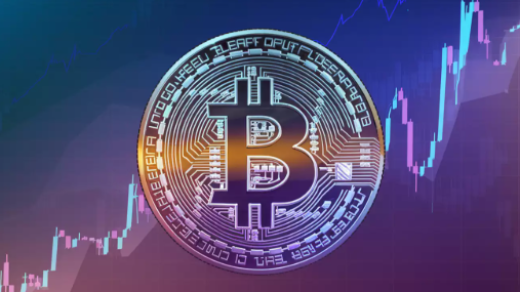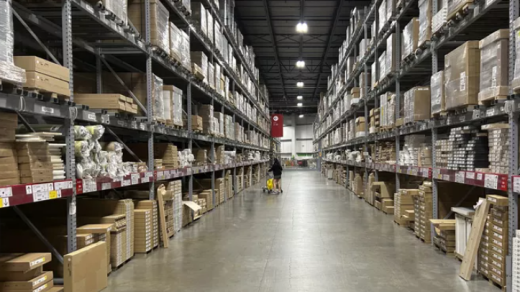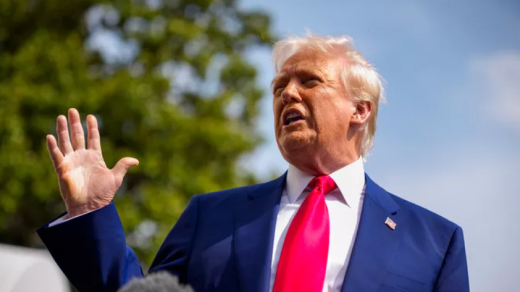Auto Sales in March exceeded expectations, as U.S. consumers reacted to the newly implemented tariffs on foreign-made vehicles. Deutsche Bank analysts noted a rise in purchases, higher than their forecast, indicating that Americans may have rushed to buy cars in anticipation of price hikes caused by the tariffs. This “panic buying” surge seems to have been stronger than anticipated, possibly due to a desire to lock in lower prices before the tariffs fully impacted the market.
Experts have been warning that the tariffs imposed by President Donald Trump could lead to an increase in vehicle prices. According to Anderson Economic Group, prices for both new and luxury cars could see significant hikes—sometimes reaching thousands of dollars, or even more for high-end models. Even the secondhand market is expected to be affected, with demand for used vehicles rising. For anyone currently shopping for a new car, the advice from experts is clear: act fast before prices climb further.
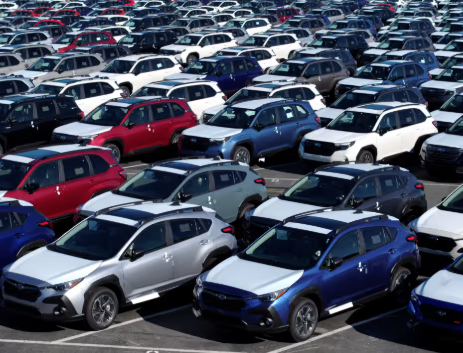
The ripple effects of these changes are also influencing how long people hold onto their current cars. Many drivers are expected to keep their vehicles longer than planned, which could limit the availability of used cars in the future. The supply of secondhand vehicles may become even tighter as people opt to maintain their older cars longer, especially with rising prices and uncertainty about the future.
Auto Sales Surge Amid Tariff Uncertainty
With the uncertainty surrounding the impact of new tariffs on vehicle prices, automakers are trying to maintain customer interest by offering discounts. Ford, for example, announced that it would extend employee pricing to all buyers and provide deals on home charging. Stellantis, the parent company of Jeep, followed suit with similar offers, including employee pricing or cash incentives for customers.
Auto Sales Trends and Their Future Outlook
Looking ahead, many experts expect strong auto sales through the summer, but there’s concern that the market could soften in the latter half of the year. The current uptick in demand might just be a temporary reaction to the tariff-driven price changes. Still, it’s clear that the auto market will continue to be affected by economic and political shifts as both consumers and automakers adjust to the new pricing realities.
Source: www.investopedia.com
